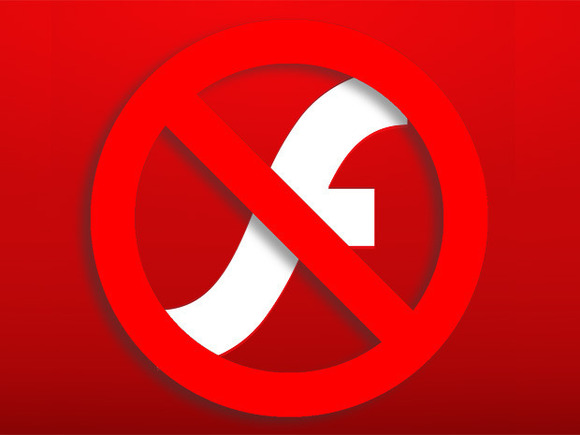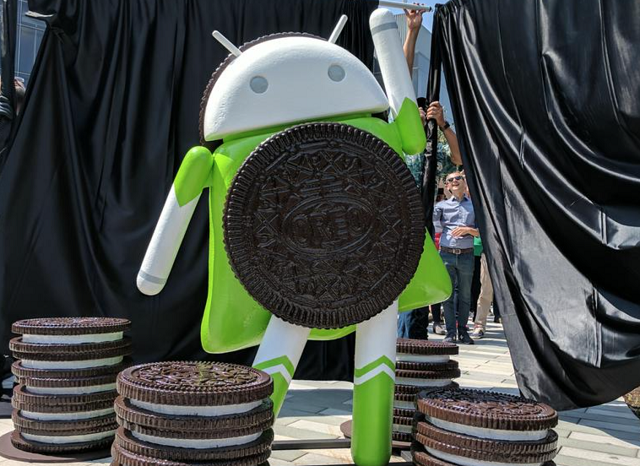Google Chrome blocking all Flash content next month?
Flash has been an important part of the internet for many years, though it has also been a lug on presentation and the source of many great security vulnerabilities. Presently HTML5 is a better option to get the similar interactive content running on the network; it also works on the mobile handset. The subsequent stage in Abode Flash’s miserly slow downfall will initiate next month when Google Chrome will begin to block all the Flash content. Google Chrome blocking all Flash content next month.
It will be a part of Chrome 53 update, and it is most likely to be made available in early September. The new Chrome 53 will block all the little, non-evident Flash constituents on the Web page. Generally, they are directional platforms and page methodic. However, they may slower the page loading rate similarly like the larger Flash content. Moreover, this is not Google’s first shot at de-emphasizing Flash on the network. Previous year Google made most Flash content “click-to-play” in Chrome 52.
So what is the change in Chrome 53?
In Chrome 52, you could only block Flash content that was beyond a particular size, whereas in the new Chrome users can block even the smaller Flash objects. Previously the block was limited because at the time there was no sure way to spot the smaller flash content. However, the Chrome 53 has intersection observer API which allows detecting the small flash content. The users are provided with the option to permit flash items if they are essential for the experience. But if the non-visible Flash contents are blocked, an icon in the address bar will notify the users.
Google claims that Chrome users will see an advantage with this step. The Flash content stacking in the backdrop makes the page loading lethargic. If you are using a laptop, Flash objects also tend to consume power and shorten your battery life. What this inconvenience resulted by Flash is the reason why it never made it to the mobile devices.
Even as Flash objects will be blocked in all-purpose. Google is making a provisional exclusion for some popular site that depend heavily on Flash. These sites include Facebook, Twitch, Yahoo, etc. however Google is planning to drop the Flash entirely over the time. In December when Chrome 55 will be rolled out HTML will be the default experience.
Apparently, it’s not just Google who is phasing out the Flash. Last week Firefox 48 was introduced with some Flash content being click-to-play, and all Flash objects will be blocked by default in 2017. Even Microsoft is cutting off Flash. In the Window 10 centennial update, Edges used click-to-play for unnecessary Flash contents. Within a year or two everybody will be done with it.







